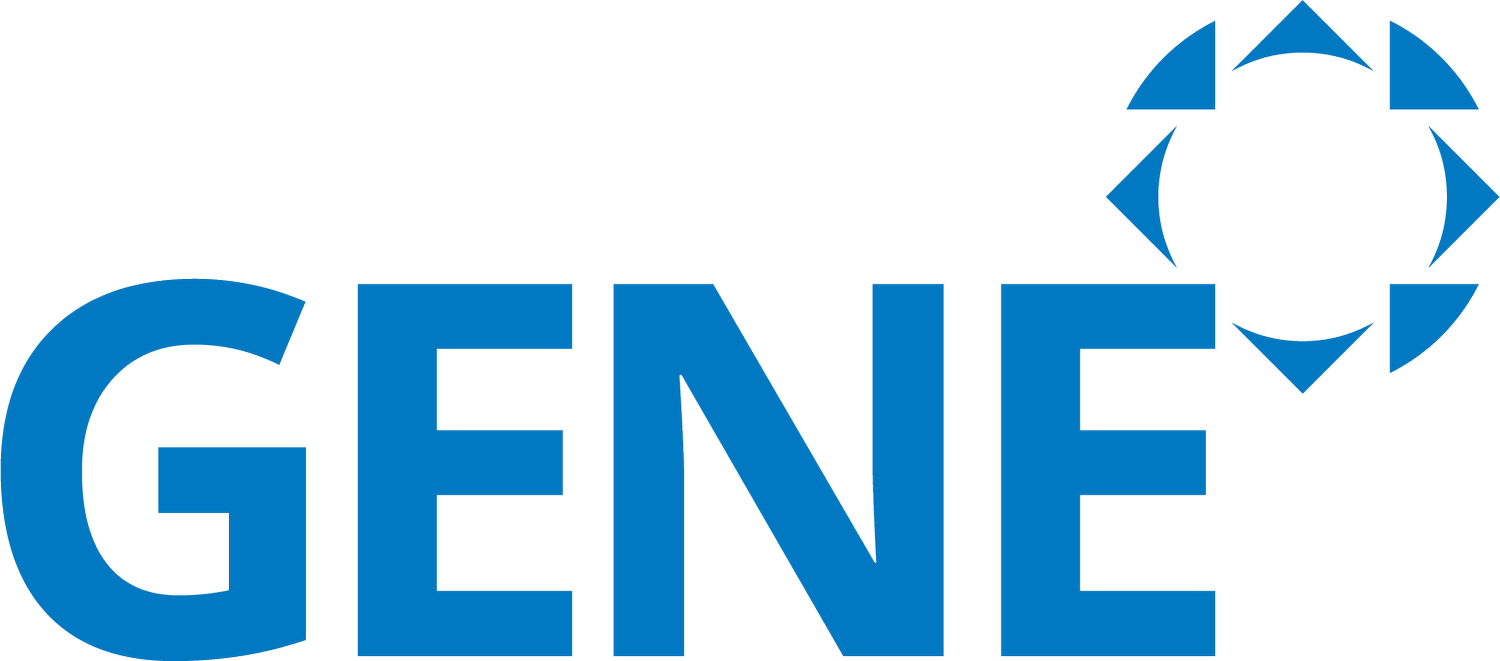Global Education:
What Education Systems Need in a Time of Crises
By Professor Dr Annette Scheunpflug, GENE Chair and
Mr Liam Wegimont, GENE Executive Director
Education that helps open people’s eyes and encourages them to act in solidarity with others is not something new. Indeed, as long as people have thought about learning; there has been a question at the heart of the conversation: how to ensure that people learn not just how to fit into the way things are, but also learn how to change things. Given the current political context in Europe and globally – the challenges to democracy, the rule of law, multilateralism, human rights, solidarity, justice and truth; and given the ongoing pandemic - this kind of education (that is: Global Education) is just what the world needs, and what education systems need, right now.
Some of the underlying causes of injustice have been put into sharp focus by the pandemic. Education systems are under unprecedented pressure to provide for learners in circumstances that do not allow for easy solutions. In many countries, months of learning have been lost, and the priority has been on catching up, on keeping learning alive, on providing support and care. Following the shock to education systems, change seems inevitable as we build for the future. With the changes, adaptations and new approaches to providing education during the pandemic, there are also significant opportunities to build a local-global justice outlook, and a critical engagement with the world into our education systems, formal and non-formal.
It is only by learning about the causes and effects of injustice near and far, that we can start to make change. Global Education teaches people how they can understand and then take action. People want their voices to be heard. We have seen people recently, as often before, rise up, form movements and take action, from Black Lives Matter and #MeToo to Fridays for Future. Young people in particular are standing up and raising their voices. When we mainstream Global Education, we give children and young people – and learners of all ages – an opportunity to have their eyes wide open to injustices near and far, with an understanding of the underlying causes and effects, and with the skills necessary for taking action in favour of human rights, global justice and solidarity.
Over the last 20 years, progress has been made: there is now more and better Global Education throughout European countries. There is also better coordination and cooperation at European level, as well as national structures supporting and financing Global Education. However, this kind of education – education about the BIG global challenges that affect everyone – is still not yet available to everyone. The Finnish National Board of Education put it succinctly: “Unless Global Education is at the heart of education, then it’s simply not quality education.”
To respond to this challenge, Global Education Network Europe, on the occasion of its 20th anniversary, launched an 18-month process leading to a New Declaration on Global Education to 2050. The aim of this process is to build a long-term political and policymaker vision for how Europe will educate its citizens. A high-level political event on 14 June launched the process and brought together European Education, Foreign Affairs and Development Ministers, as well as EU Commissioner for International Partnerships, Ms. Jutta Urpilainen, and UN Assistant Director-General for Education, Ms. Stefania Giannini. There was broad support for the initiative.
The strong political will that we have seen so far from European leaders to support and recognise Global Education is promising. Global Education needs to be at the heart of education and learning, and at the core of foreign and development policy, in order to ensure access for all to quality global education. We are sure that the impetus of a new Declaration on Global Education in Europe to 2050 will lead to real change and will help enable Europeans to be citizens of and for the world.
To learn more, please visit https://www.gene.eu/ge2050
This website was created and maintained with the financial support of the European Union and the Ministries and Agencies that support GENE. Its contents are the sole responsibility of GENE and do not necessarily reflect the views of the European Union.


